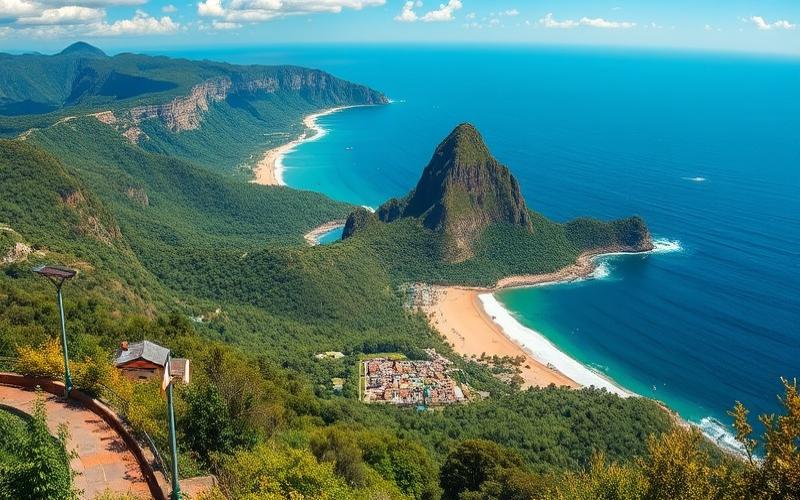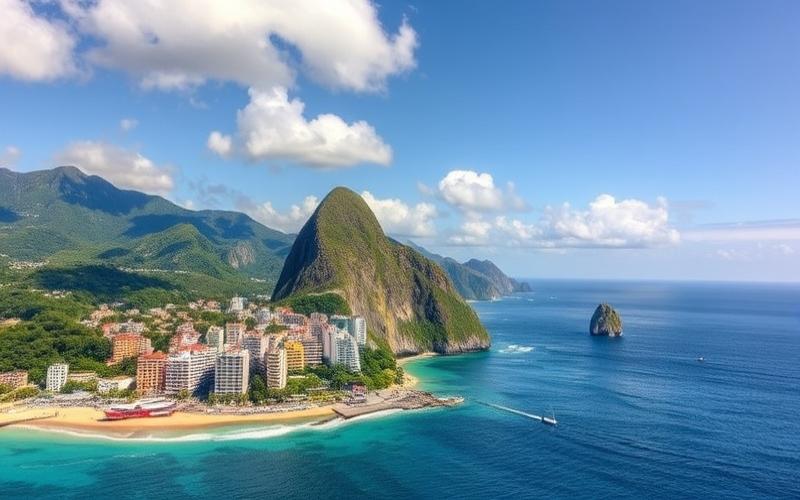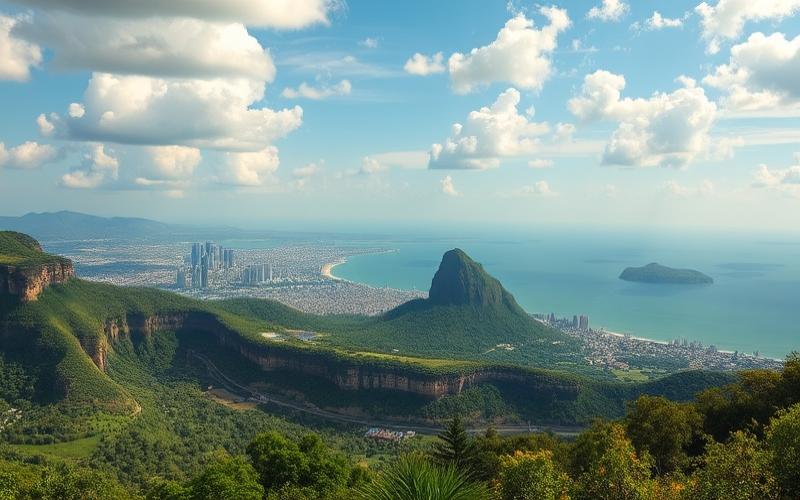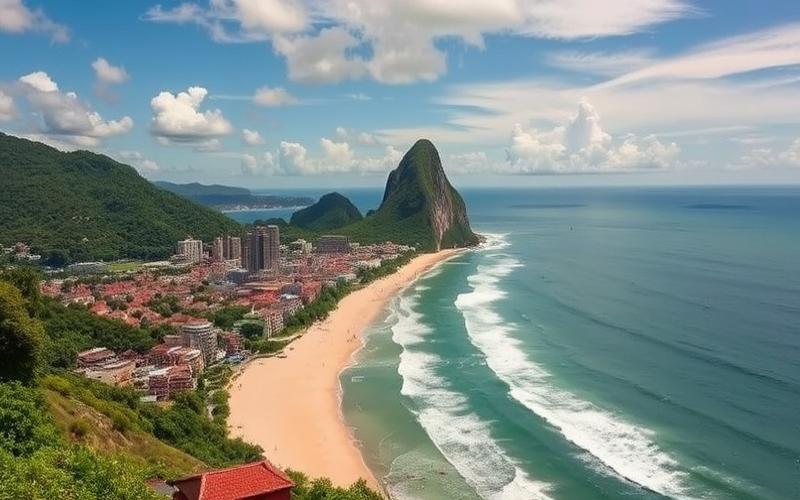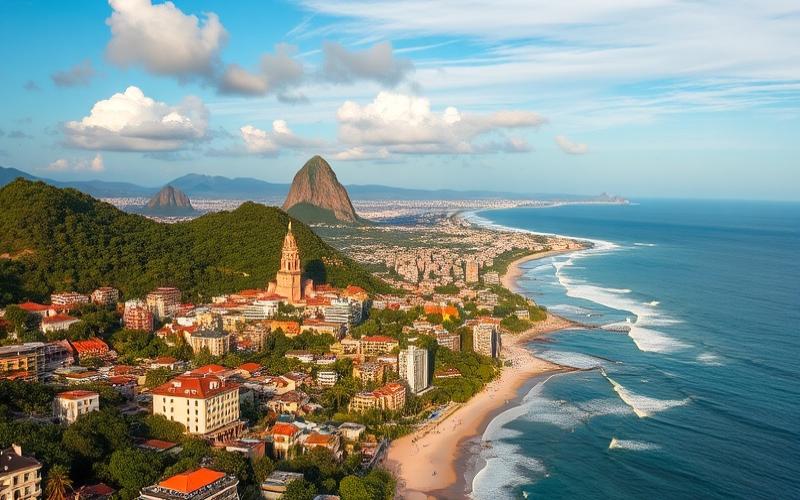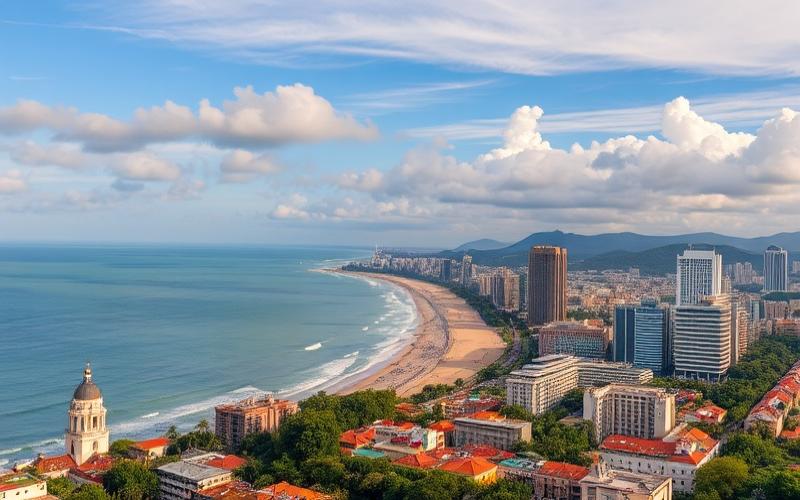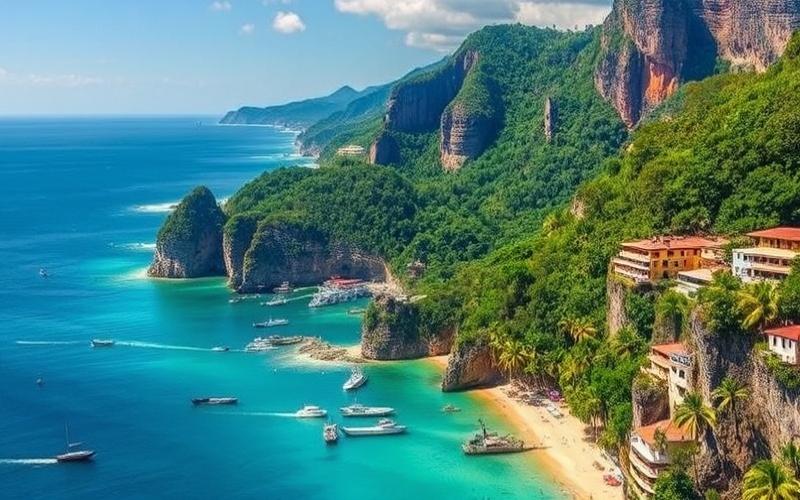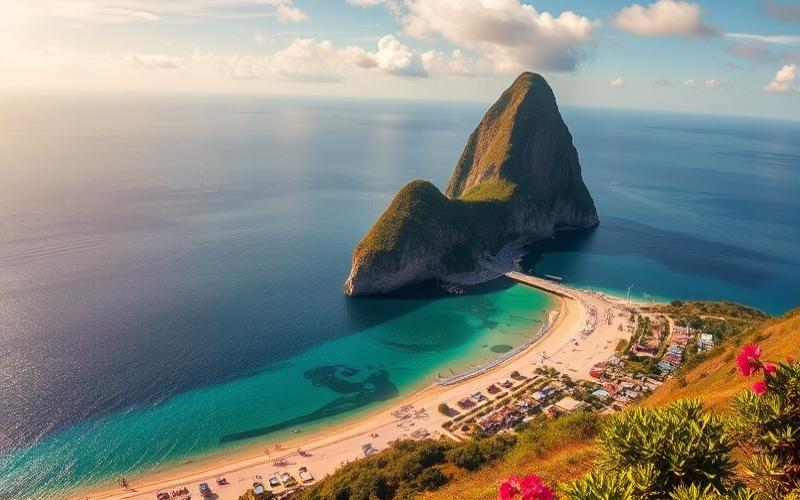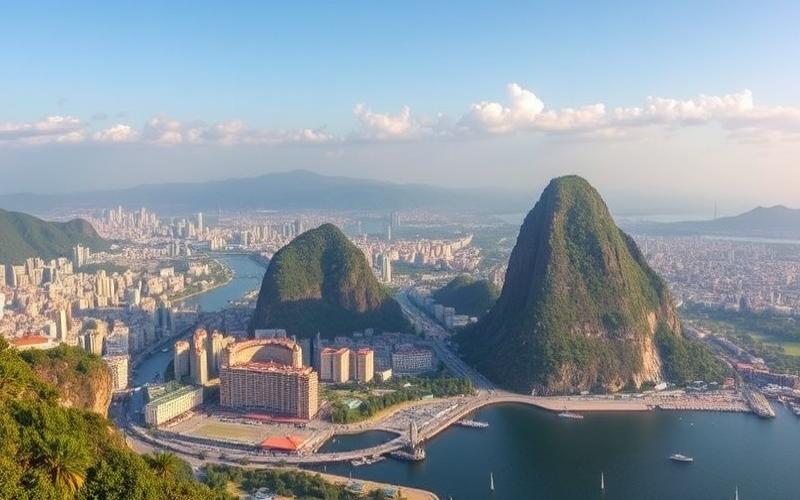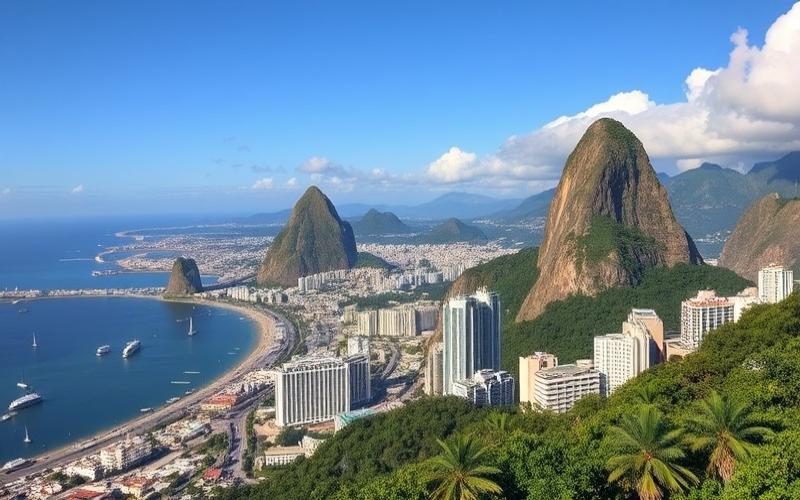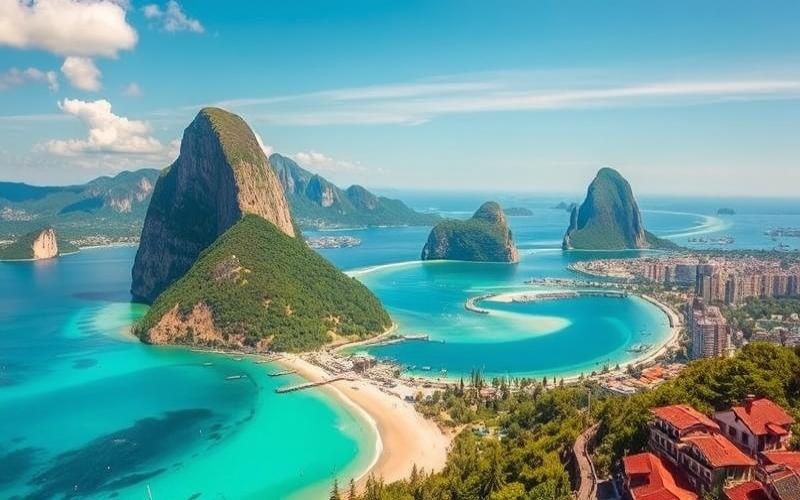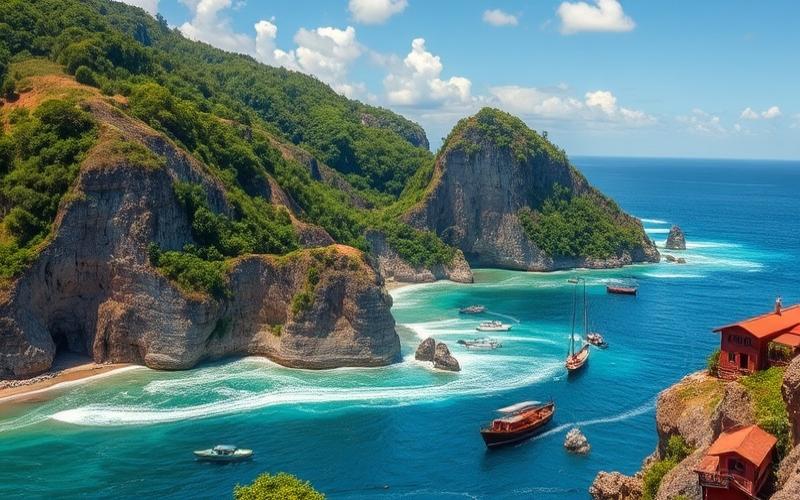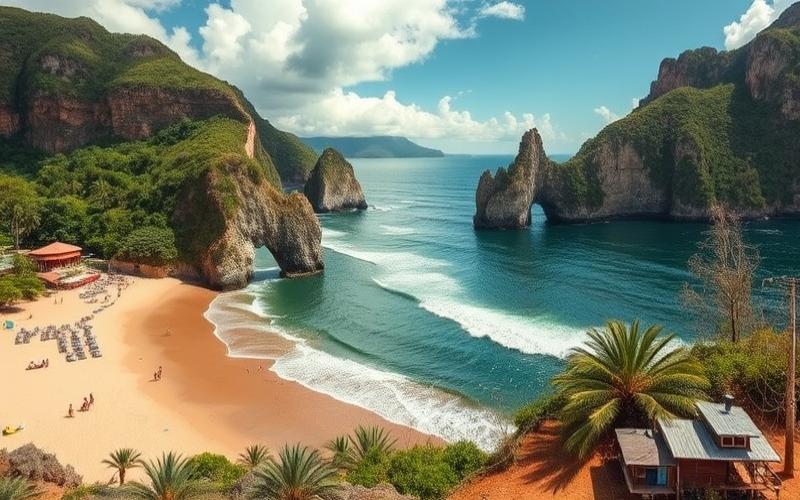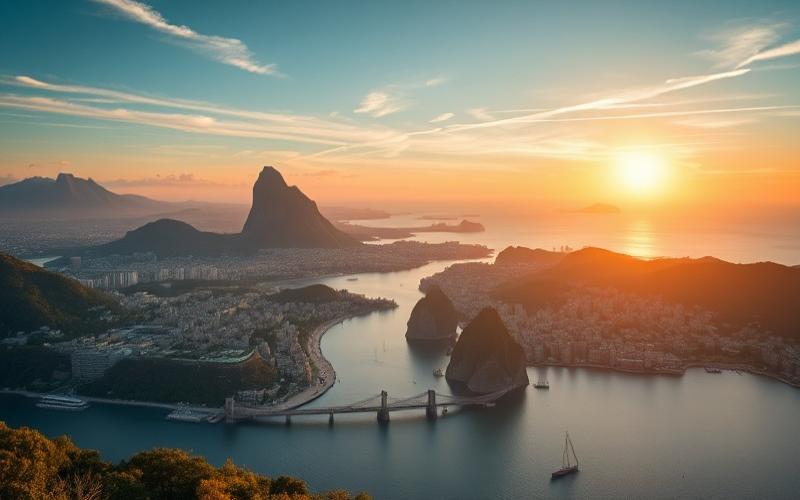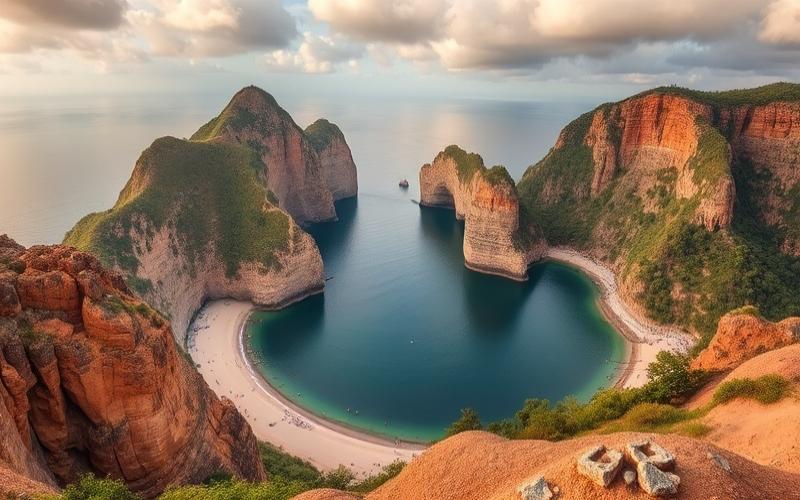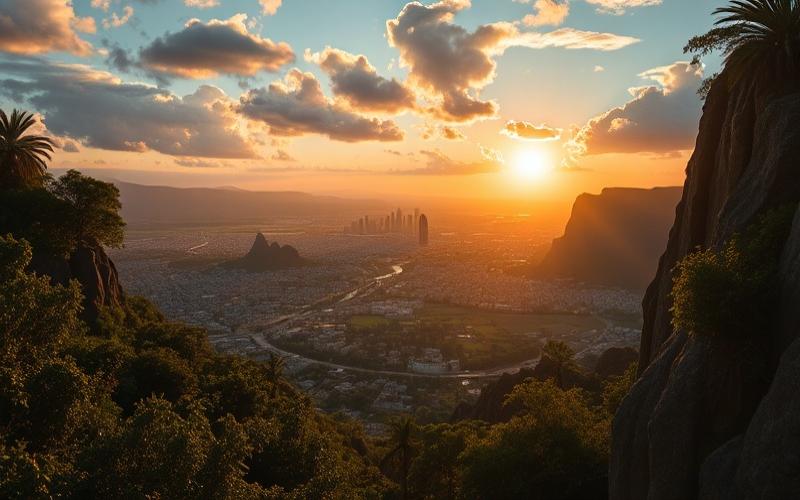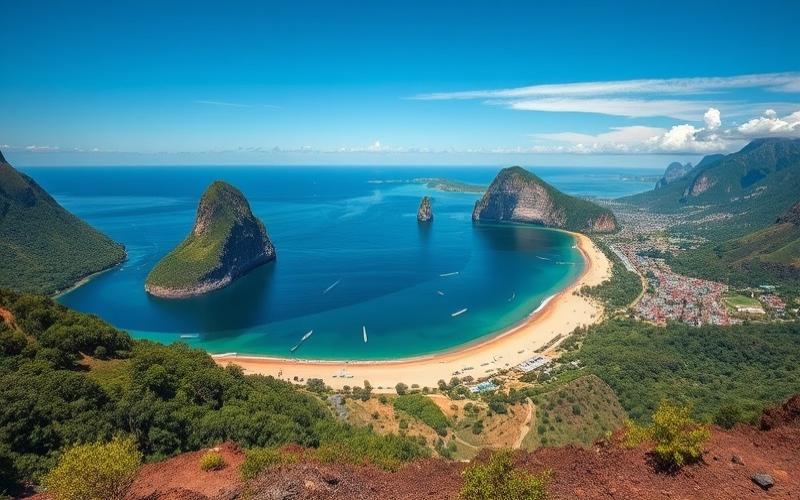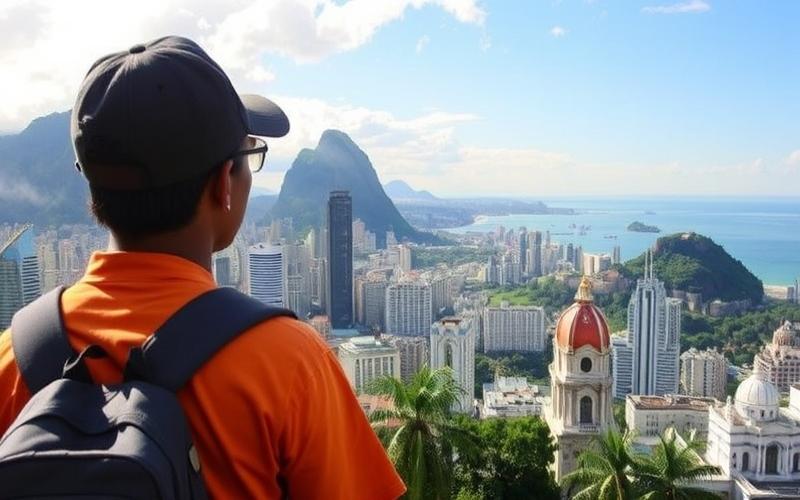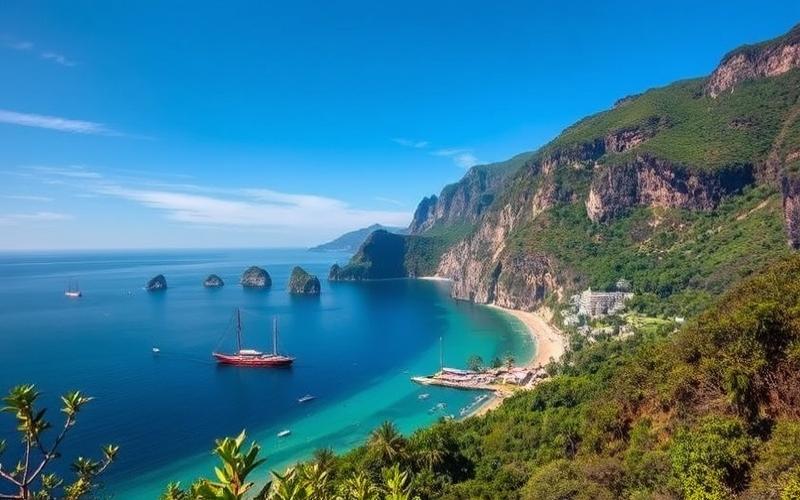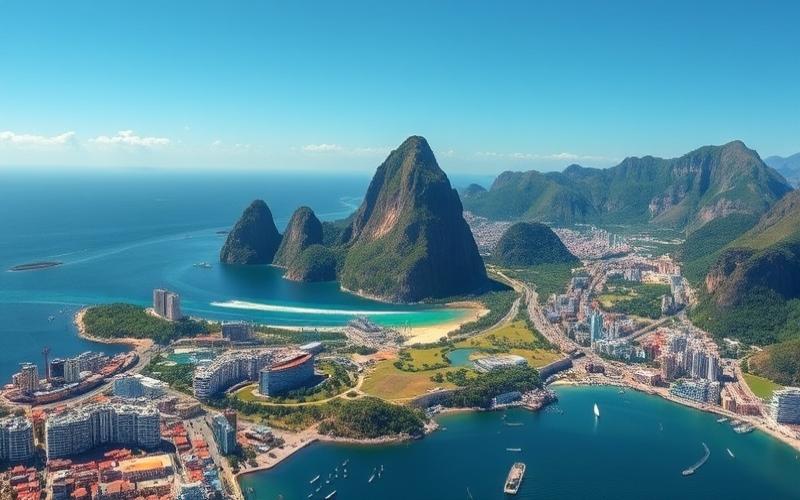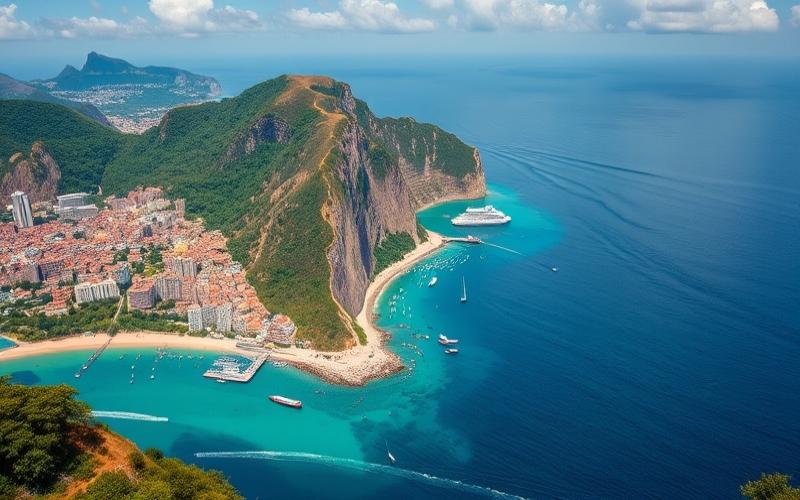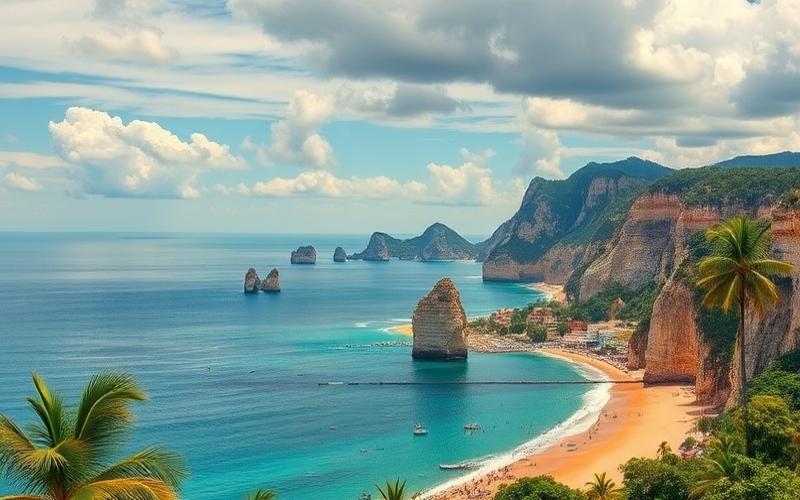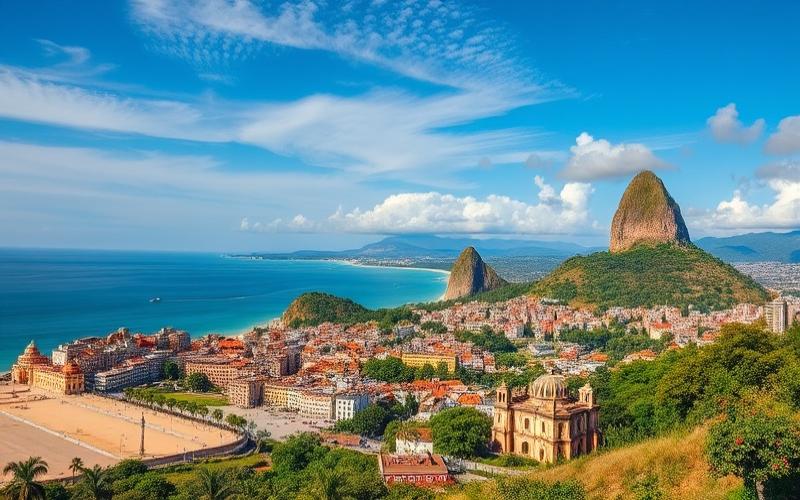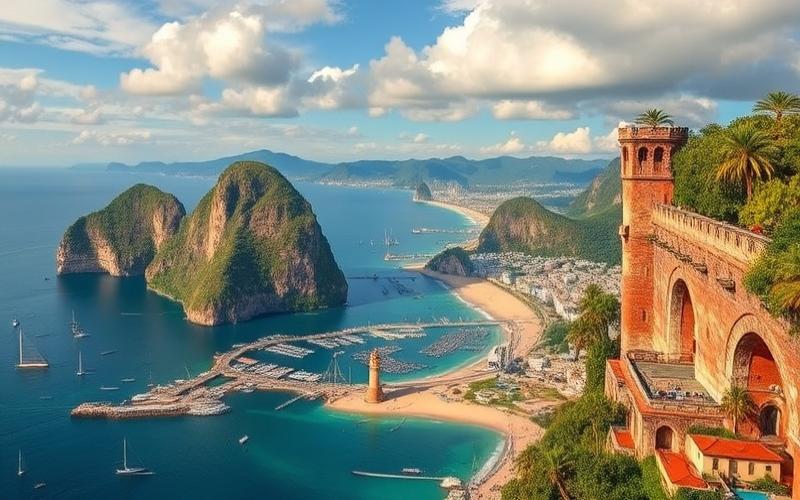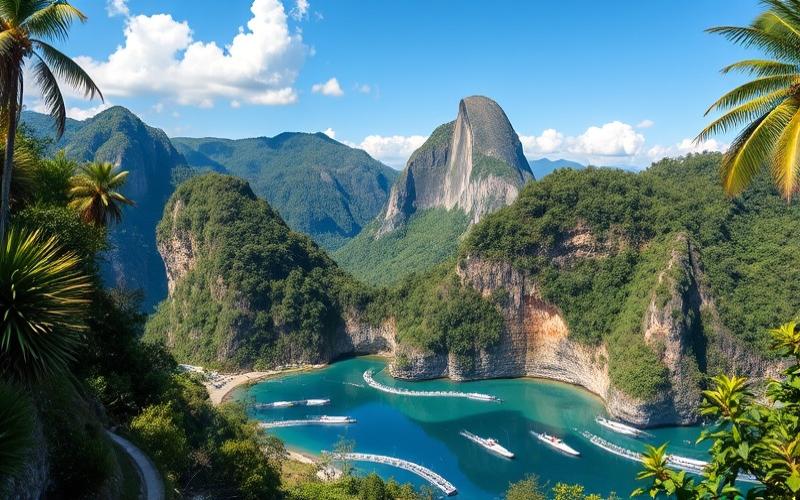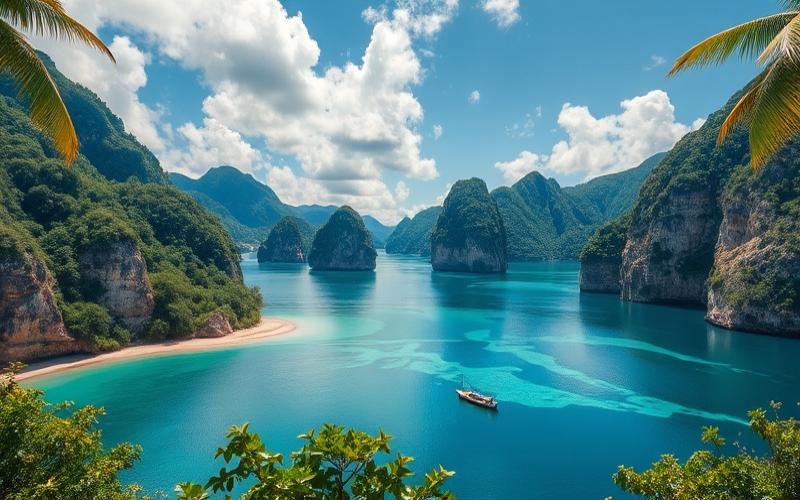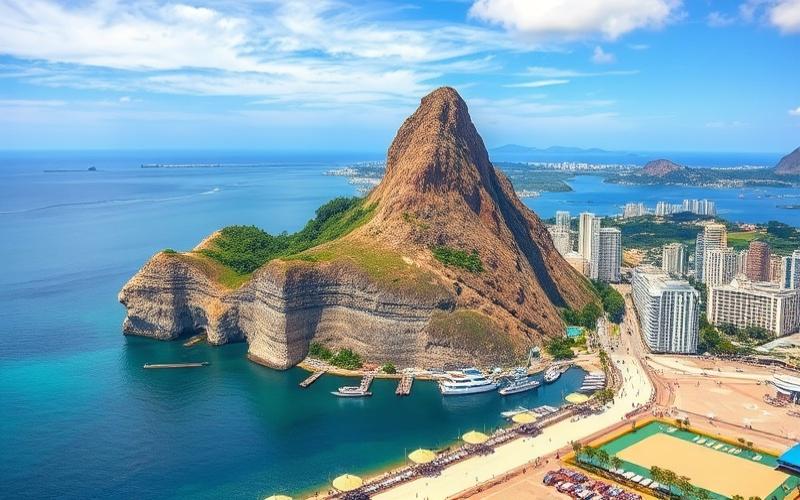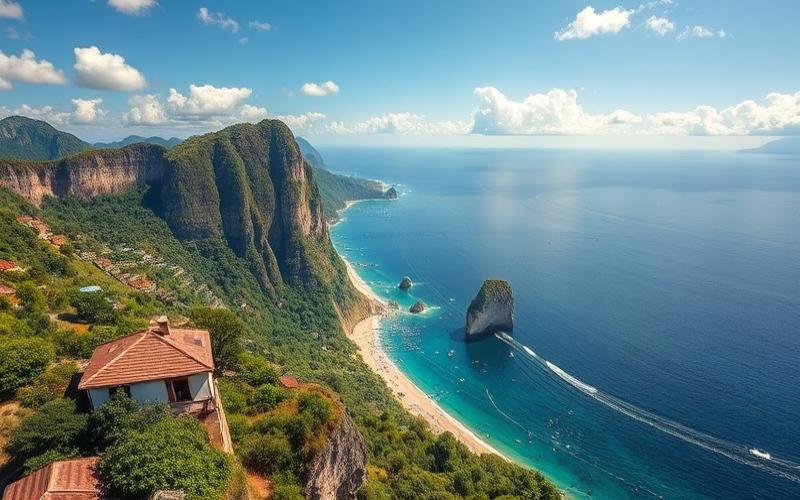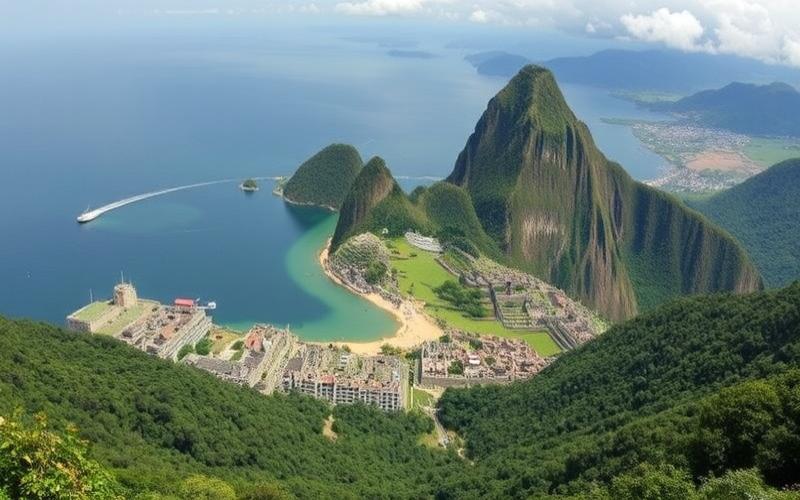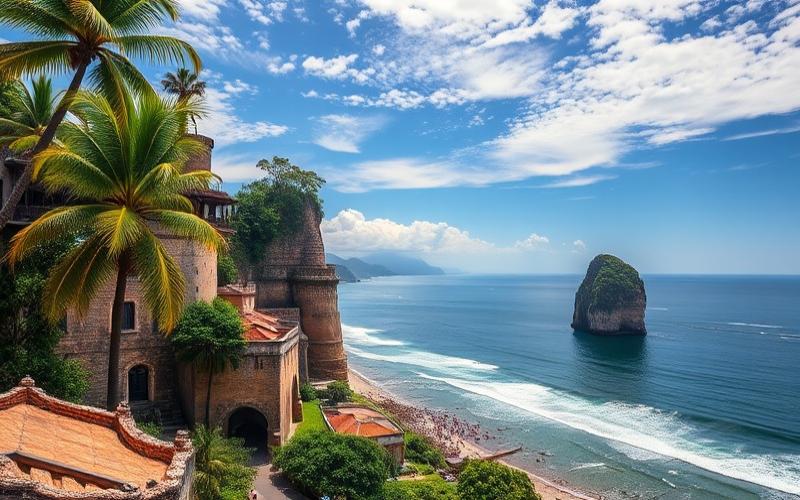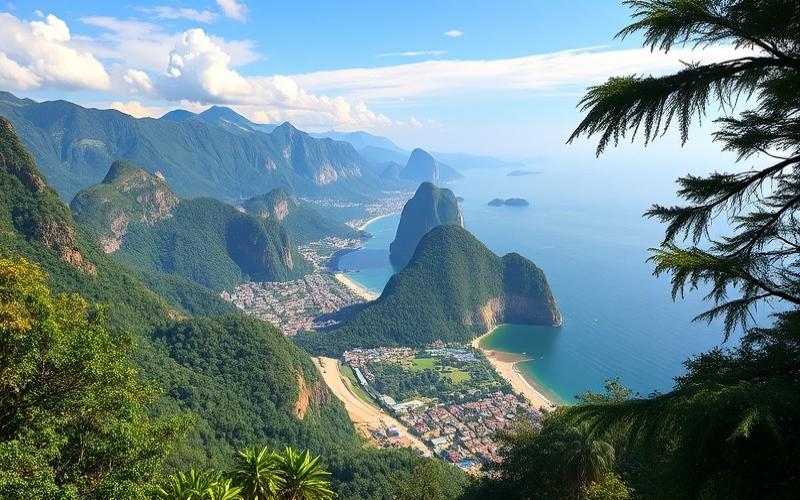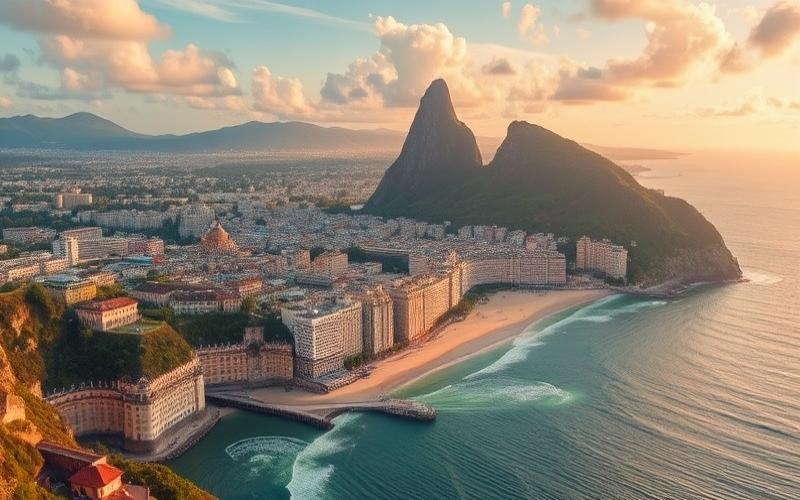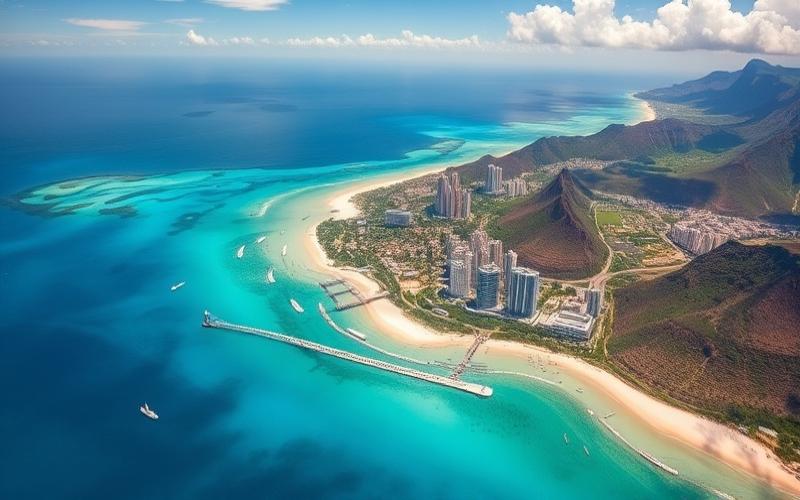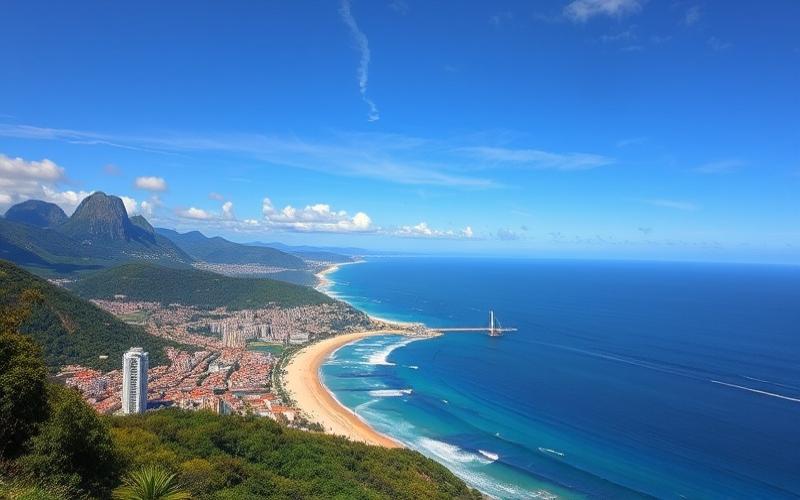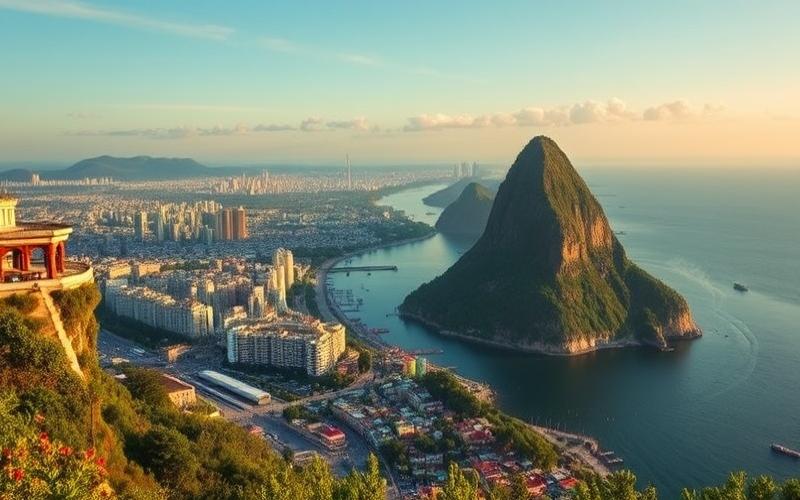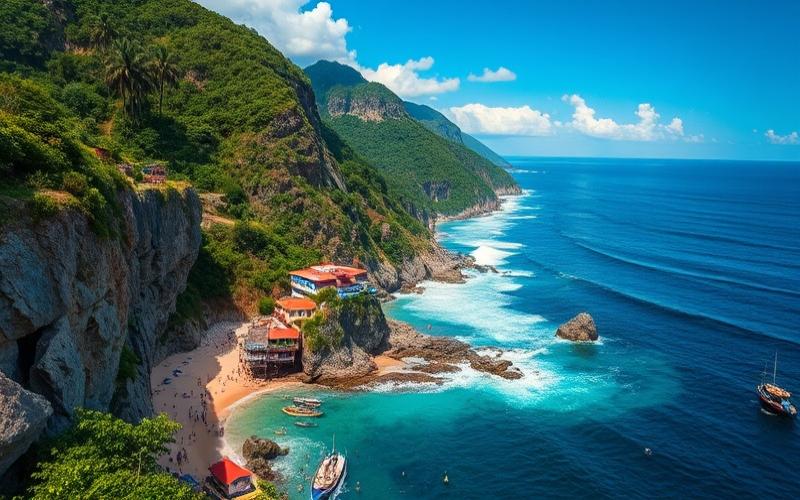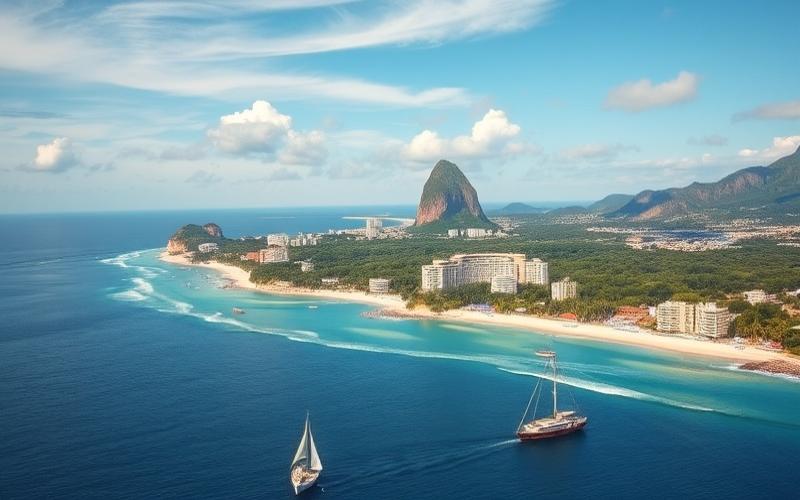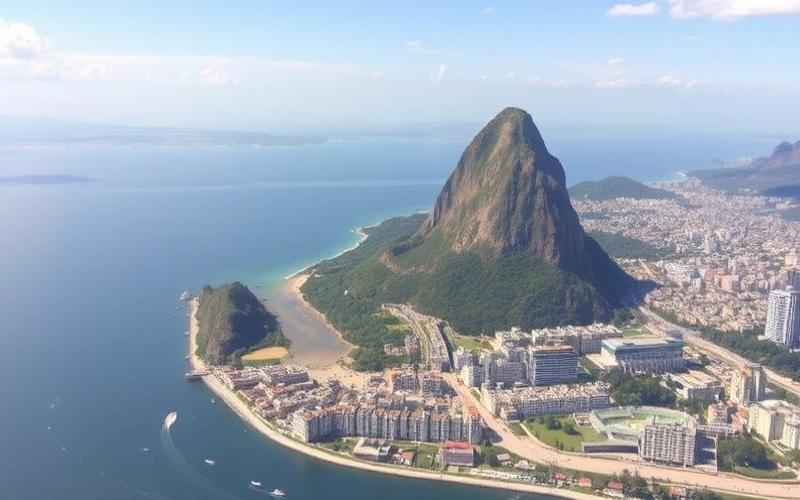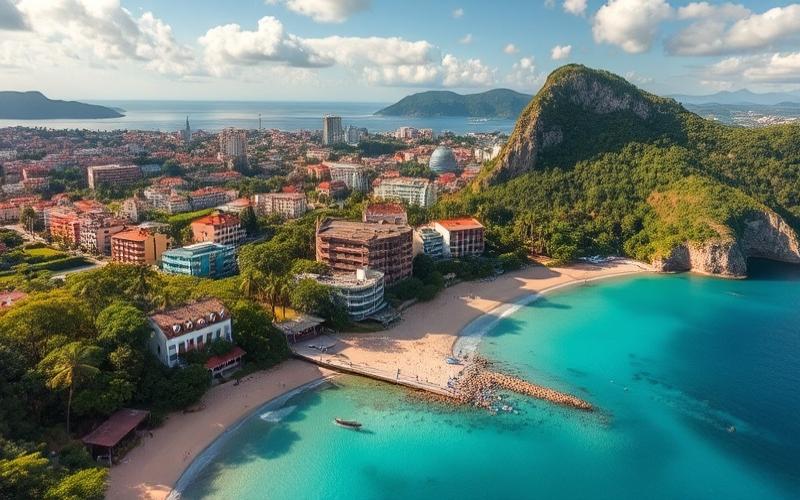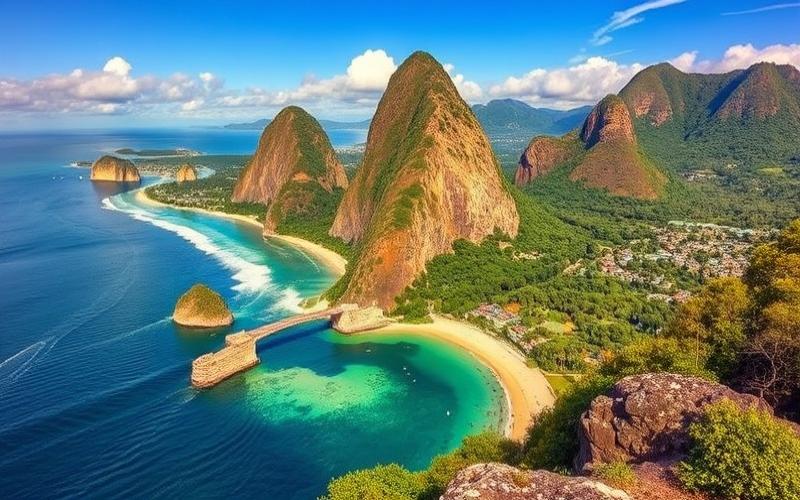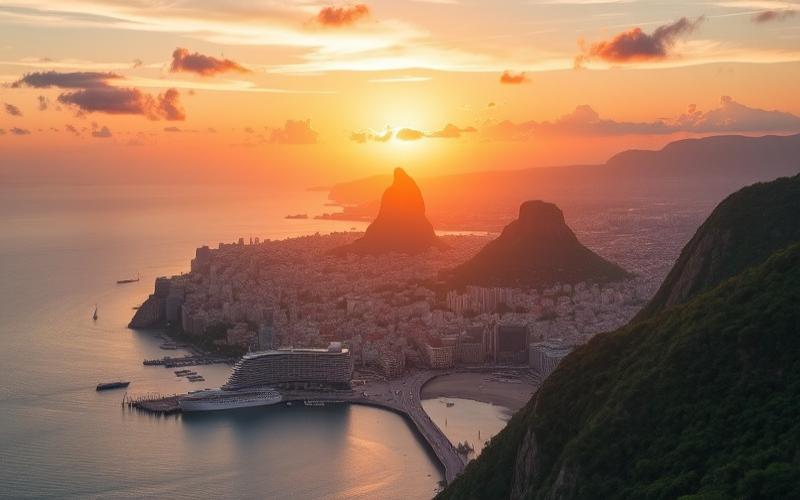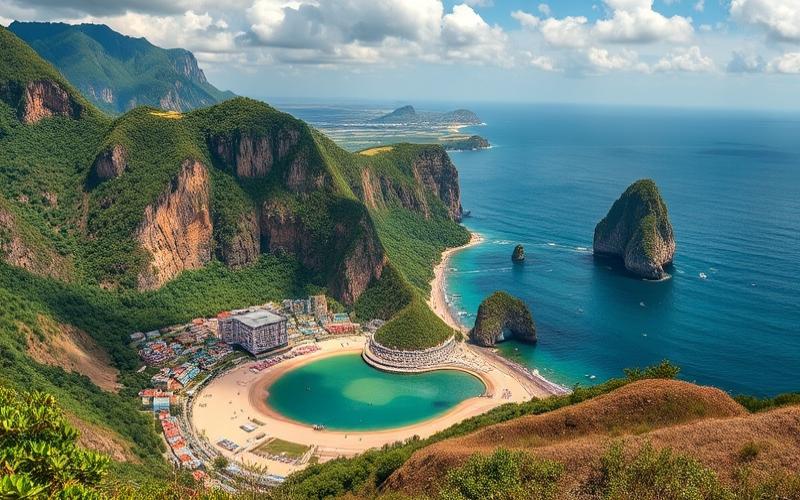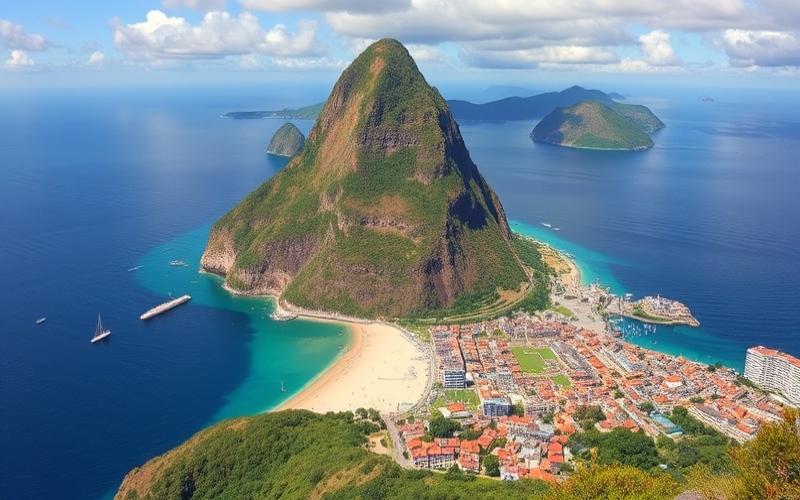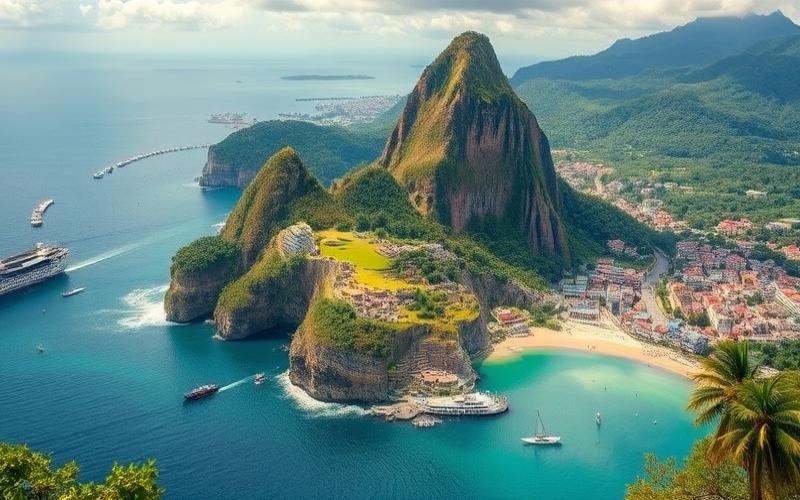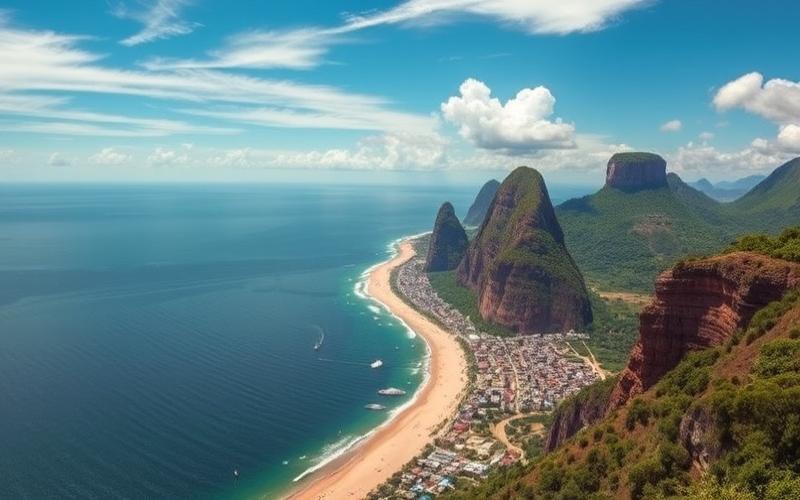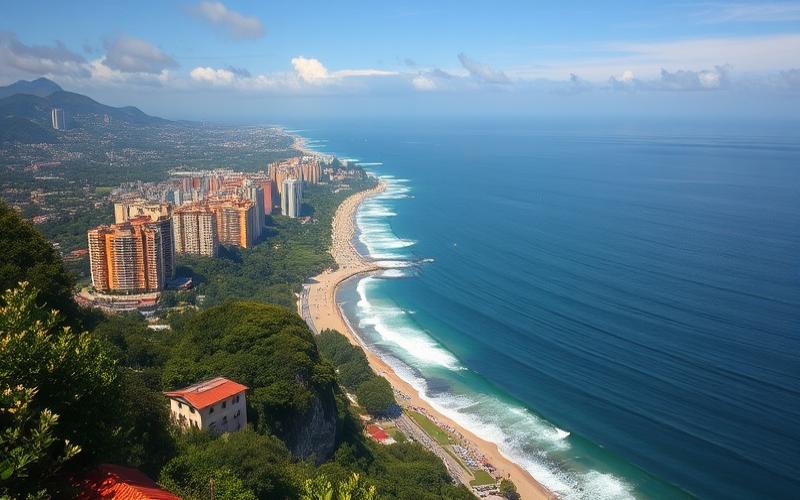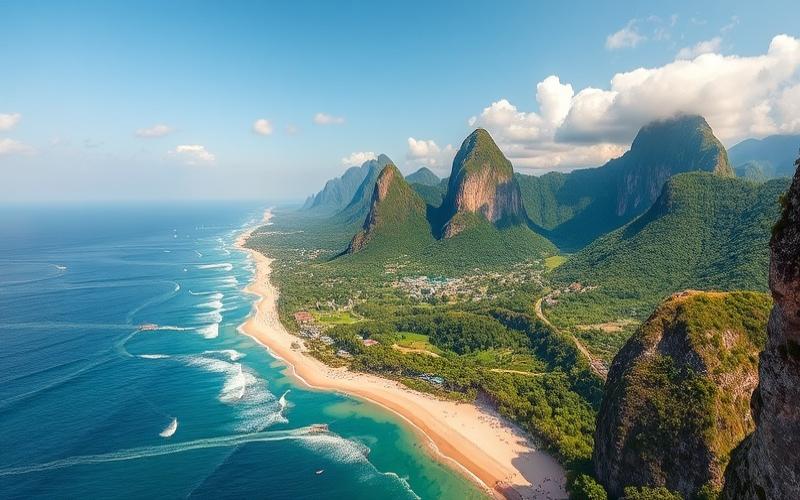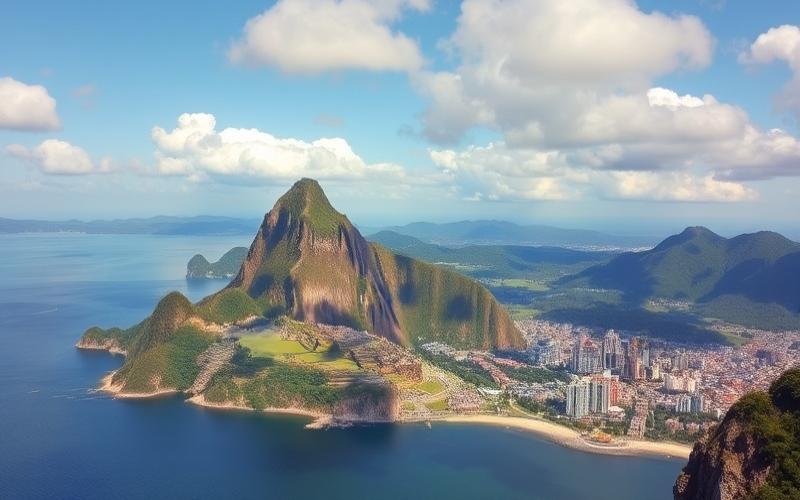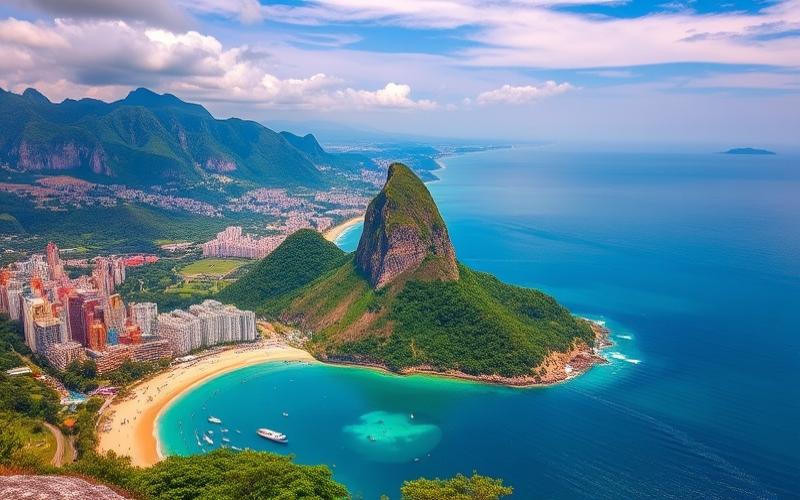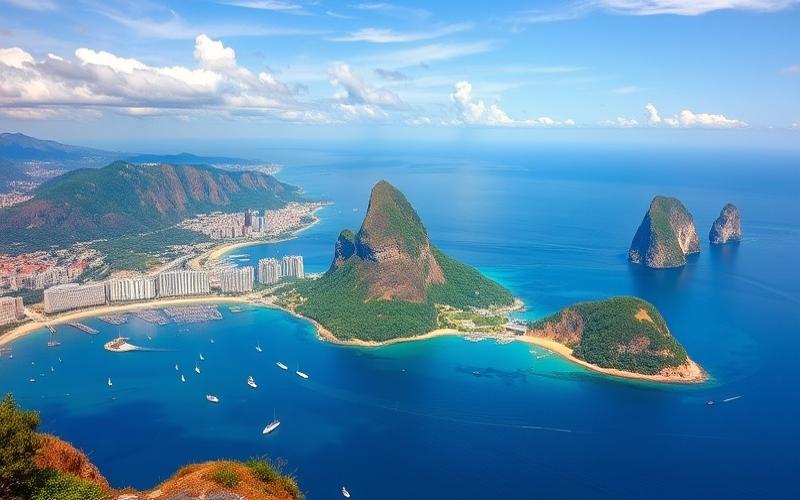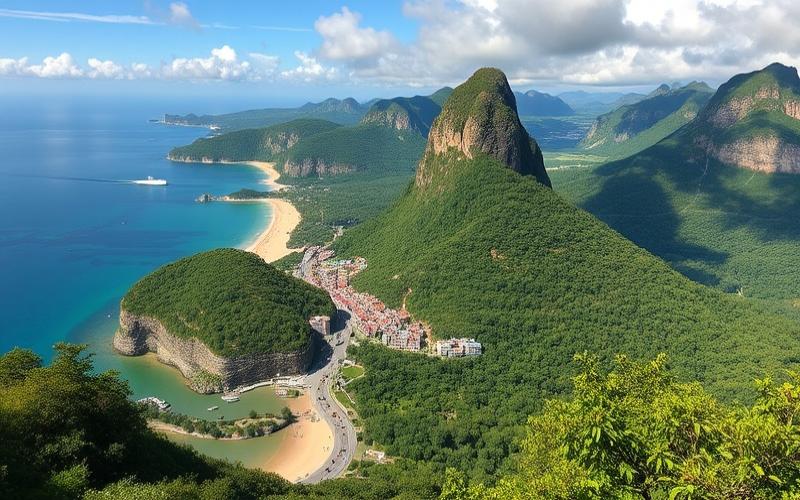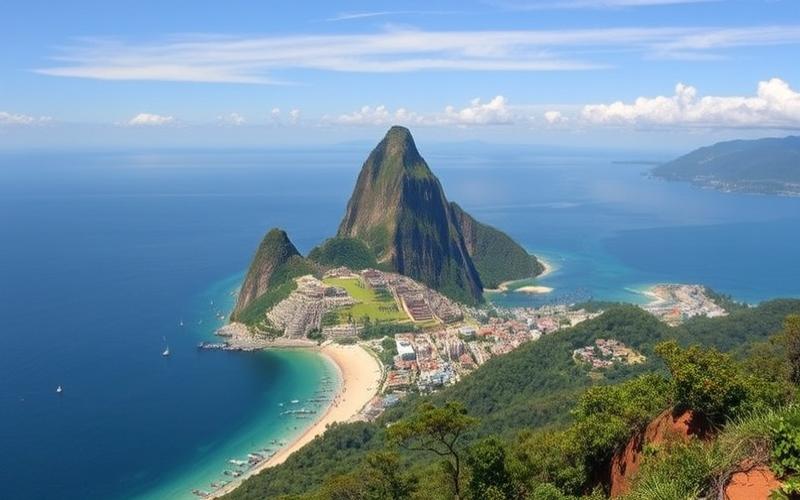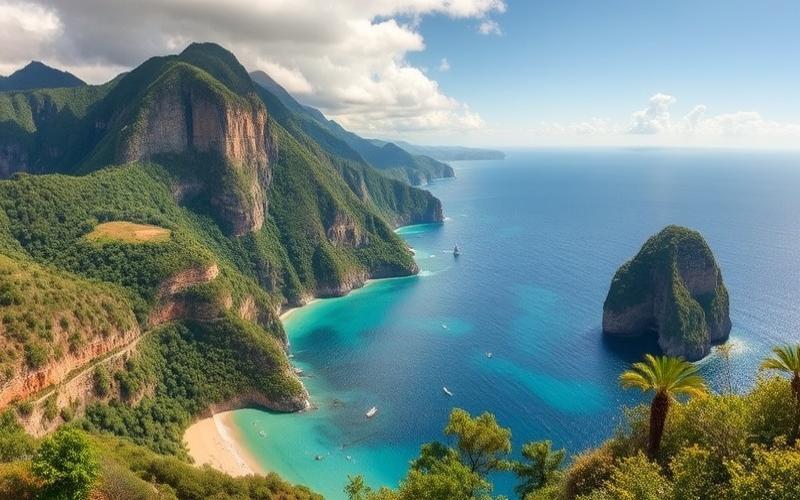
 Published on and written by Cyril Jarnias
Published on and written by Cyril Jarnias
In Brazil, a country of striking contrasts and cultural diversity, the LGBTQ+ community fights for its rights within a context as dynamic as it is complex.
Since the decriminalization of homosexuality in 1830, followed by legislative victories such as same-sex marriage in 2013, progress has been undeniable, but challenges remain.
Brazil, while boasting strong legislation, remains one of the most dangerous countries for LGBTQ+ individuals.
Yet, vibrant communities organize themselves, providing crucial support and contributing to the Brazilian cultural mosaic with creativity and resilience.
This paradox between legal progress and social reality makes Brazil a fascinating ground for analyzing contemporary LGBTQ+ rights issues.
The Situation of LGBTQ+ Rights in Brazil
Since the 1980s, Brazil has experienced significant evolution in recognizing and protecting LGBTQ+ rights, marked by major legislative advances and the action of influential social movements.
Key Historical Milestones and Significant Legislation:
- 1980: Creation of the Grupo Gay da Bahia (GGB), the first LGBTQ+ rights defense organization in Brazil, in Salvador. Founded the same year in São Paulo, the SOMOS association also played a central role.
- 1985: The Federal Council of Medicine officially removes homosexuality from the list of “sexual deviations or disorders.”
- 1989: Explicit inclusion of a prohibition against discrimination based on sexual orientation in the constitutions of the states of Mato Grosso and Sergipe.
- 1990s: Several municipalities also adopt anti-discrimination laws in their organic charters.
- 2009: Adoption of the National Plan for the Promotion of LGBT Citizenship and Human Rights, laying the groundwork for comprehensive public policy in favor of LGBTQ+ individuals.
- 2013: National recognition of same-sex marriage, granting same-sex couples the same rights as heterosexual couples, including adoption.
- 2019: The Brazilian Supreme Court equates homophobia and transphobia to a crime equivalent to racism, thus criminalizing these specific forms of discrimination.
| Date | Event/Legislation | Main Impact |
|---|---|---|
| 1980 | GGB/SOMOS Creation | Structured beginning of activism |
| 1985 | Homosexuality removed as a disorder | Medical destigmatization |
| 1989 | Regional anti-discrimination laws | Limited legal protection |
| 1990s | Municipal anti-discrimination laws | Local reinforcement |
| 2009 | National LGBT Plan | Coordinated public policy |
| 2013 | Same-sex marriage recognized | Marital equality/adoption |
| 2019 | Homophobia criminalized | Criminal penalty against hate |
Current Legal Protections for LGBTQ+ Individuals
Main protections include:
- Official recognition of same-sex marriage
- Adoption rights for all couples
- Regional constitutional prohibition (in some states) against any discrimination related to sexual orientation
- Recent criminalization (since June 2019) of homophobia and transphobia
Persistent Challenges Faced by LGBTQ+ Communities
Despite the progressive legal framework, several obstacles remain:
Violence & Discrimination
Brazil remains the country with the highest global rate of murders specifically targeting transgender women.
Uneven Enforcement
Hate crimes are often poorly investigated or punished. Many offenses are not officially recorded.
Political & Religious Influence
Some political institutions continue to instrumentalize conservative discourse around the “traditional family,” sometimes hindering the expansion or effective implementation of protections. Evangelical religious groups exert notable influence on certain parliamentary debates concerning, for example, sexual education or identity recognition.
Social Movements and Key Activist Groups
The main actors contributing to historical victories include:
- Grupo Gay da Bahia — historical pioneer in national statistical monitoring of homophobic violence
- ABGLT — national association created in 1995 that federates over a hundred local organizations
- Marcha do Orgulho LGBT — annual parade that has become a major event mobilizing several million each year in São Paulo
Recent Actions:
- Campaigns against targeted police violence
- Legal advocacy before higher courts to broaden the anti-discrimination legal definition
- Increased media awareness around daily lived experiences (public testimonies, documentaries)
Key Takeaway: Despite rapid evolution over four decades driven by continuous social mobilization, a gap still exists between formal protection inscribed in Brazilian law and the daily reality marked by persistent social exclusion, frequent physical violence against sexual/gender minorities, and a polarized public debate fueled by certain institutional actors.
Good to Know:
Since the 1980s, Brazil has legalized same-sex marriage and adopted anti-discrimination laws, but violence against LGBTQ+ individuals remains high, exacerbated by certain political and religious influences. Social movements continue to actively fight for equality, playing a crucial role in legal advances and public awareness.
The Impact of Laws on LGBTQ+ Communities
Current Legal Framework in Brazil Regarding LGBTQ+ Rights
- Anti-discrimination laws: Since 2019, the Brazilian Supreme Court has criminalized discrimination based on sexual orientation and gender identity, equating these acts to crimes of racism.
- Equal marriage: Marriage between same-sex individuals has been legal nationwide since 2013. Same-sex couples enjoy the same rights as heterosexual couples.
- Adoption by same-sex couples: Adoption is permitted for same-sex couples; this possibility has been recognized by the judiciary for several years and confirmed at the national level.
| Main Rights | Legal Status (2025) |
|---|---|
| Equal Marriage | Legal since 2013 |
| Adoption | Legal for all couples |
| Anti-discrimination Protection | Crime equivalent to racism (since 2019) |
Historical Influence of Laws on the Daily Life of LGBTQ+ Communities
- Advances:
- Access to civil rights identical to those of heterosexual individuals (marriage, adoption, inheritance).
- Right to gender self-determination without medical or judicial requirement since 2018.
- Implementation of a national plan to promote LGBT citizenship and human rights starting in 2009.
- Setbacks or Limitations:
- Despite an advanced legal framework, Brazil remains one of the countries with a very high rate of violence against transgender and queer individuals.
- Resurgence of political conservatism sometimes leading to symbolic or practical challenges to certain gains (e.g., recent restrictions regarding access to gender-affirming care for minors).
- Significant regional disparities in the effective application of protections.
Social and Cultural Perceptions Surrounding Laws
Brazilian society remains divided on these issues; while a significant portion officially supports legal equality, another openly expresses hostility or distrust towards LGBTQ+ visibility.
Laws have not always been accompanied by equivalent social acceptance: many still report daily insecurity, particularly in certain conservative religious environments or rural areas.
The increased visibility enabled by the legal framework frequently clashes with a social climate marked by latent and sometimes violent homophobia.
- Strengthening of community belonging through greater legal recognition
- Persistent strong discrimination in the workplace and access to public services
- Progressive but uneven rise in positive media representation
Noteworthy Social Initiatives/Movements
Concrete examples:
Parada do Orgulho LGBT+ (Annual Pride Parade), mobilizing several million people each year in São Paulo as a major tool for legislative and cultural advocacy.
Organizations such as ABGLT (Associação Brasileira de Gays, Lésbicas e Transgêneros), playing a central role in campaigns that led to the criminalization of homophobia/transphobia.
- Collective legal actions leading to historic rulings on equal marriage
- National mobilizations against stigmatizing political discourse
- Regional networks providing psychological/legal support in the face of violence
Future Legal & Social Perspectives
Many actors fear that political instability could weaken certain gains. However:
– Young movements are emerging with a broader intersectional vision integrating race/class/gender/sexual orientation,
– Public debate intensifies around the effective respect for existing laws,
– Initiatives now also explicitly aim for increased protection for transgender/non-binary minorities,
Future progress will heavily depend on:
• The national political evolution post-elections,
• The maintenance/potential withdrawal of federal institutional support versus conservative local/regional pressure,
• The continuous strengthening – or not – of plural activist networks valuing all components within Brazilian LGBTQ+ communities.
Good to Know:
Brazil recognizes equal marriage and adoption by same-sex couples; nevertheless, despite anti-discrimination laws, LGBTQ+ individuals still face violence and prejudice, which movements like the São Paulo Pride Parade seek to combat. Recent political changes, although concerning, could favor new legislative initiatives aimed at strengthening the visibility and safety of LGBTQ+ communities, recognizing their diversity.
The Daily Life of LGBTQ+ Expatriates in Brazil
The social and cultural context of Brazil for the LGBTQ+ community is marked by great regional diversity. Major cities like São Paulo, Rio de Janeiro, and Brasilia offer relatively open spaces, with activist organizations, social events (notably the world’s largest pride parade in São Paulo), and a dynamic nightlife. However, social acceptance varies strongly by region: in rural areas or certain small towns, rejection can be pronounced, and public displays of affection are advised against.
Legal rights have progressed: civil union between same-sex individuals has been recognized since 2011 and equal marriage since 2013. There are also anti-discrimination laws in some states and the possibility for transgender individuals to change their identity on official documents. Despite this, the country holds one of the highest rates of violence against LGBTQ+ individuals in the world — particularly towards transgender individuals — and the enforcement of protections often remains insufficient.
Daily Challenges for an LGBTQ+ Expatriate
- Housing
- Finding inclusive housing is not systematic everywhere; it’s better to research the neighborhood before moving in.
- Some real estate agencies display their commitment to diversity.
- Work
- Large international companies are generally more inclusive.
- In certain traditional sectors or local SMEs, discretion about one’s orientation/identity is recommended.
- Social Interactions
- Local social networks can help connect with other expatriates or queer Brazilians.
- The language barrier can complicate some administrative procedures or informal interactions.
Examples of Personal Testimonials
| City | Testimonial |
|---|---|
| São Paulo | “I live in São Paulo which is quite open… but some neighborhoods remain dangerous.” |
| Bonito | “Bonito welcomes LGBTQ+ travelers very warmly. I felt accepted everywhere.” |
Available Support Resources & Networks
- Community groups like Grupo Gay da Bahia
- Organizations such as ABGLT (Associação Brasileira de Gays, Lésbicas e Transgêneros)
- Social events: Pride Parade (São Paulo), themed nights in queer bars/clubs
- Digital platforms (WhatsApp/Facebook) dedicated to LGBTQ+ expatriates
- National human rights hotline: Disque 100
Recent Progress & Current Challenges
| Aspect | Progress | Persistent Challenges |
|---|---|---|
| Legal Rights | Equal marriage recognized nationally | Political attempts to restrict these rights |
| Social Acceptance | Strong urban visibility; numerous openly queer political candidates | Homophobic violence still frequent; weak enforcement |
| Official Resources | Recent creation of a government group for intersex rights | Complete absence of a law against hate crimes |
Social perception is slowly evolving: while many city dwellers are favorable to LGBTQ+ rights, a significant portion of the country remains influenced by conservative values. This creates a daily life of “ups and downs” where every expatriate must navigate these contrasts while enjoying a rich cultural scene when it offers safety and recognition.
Key Takeaway
The daily life of an LGBTQ+ expatriate in Brazil largely depends on the chosen location – cosmopolitan capital or remote town –, but also on the personal network established locally.
Access to community resources remains essential in the face of ever-present risks.
Good to Know:
LGBTQ+ expatriates in Brazil can turn to groups like “Casa 1” in São Paulo for community support, and must be aware that social perceptions vary considerably between large cities and rural regions.
Disclaimer: The information provided on this website is for informational purposes only and does not constitute financial, legal, or professional advice. We encourage you to consult qualified experts before making any investment, real estate, or expatriation decisions. Although we strive to maintain up-to-date and accurate information, we do not guarantee the completeness, accuracy, or timeliness of the proposed content. As investment and expatriation involve risks, we disclaim any liability for potential losses or damages arising from the use of this site. Your use of this site confirms your acceptance of these terms and your understanding of the associated risks.

